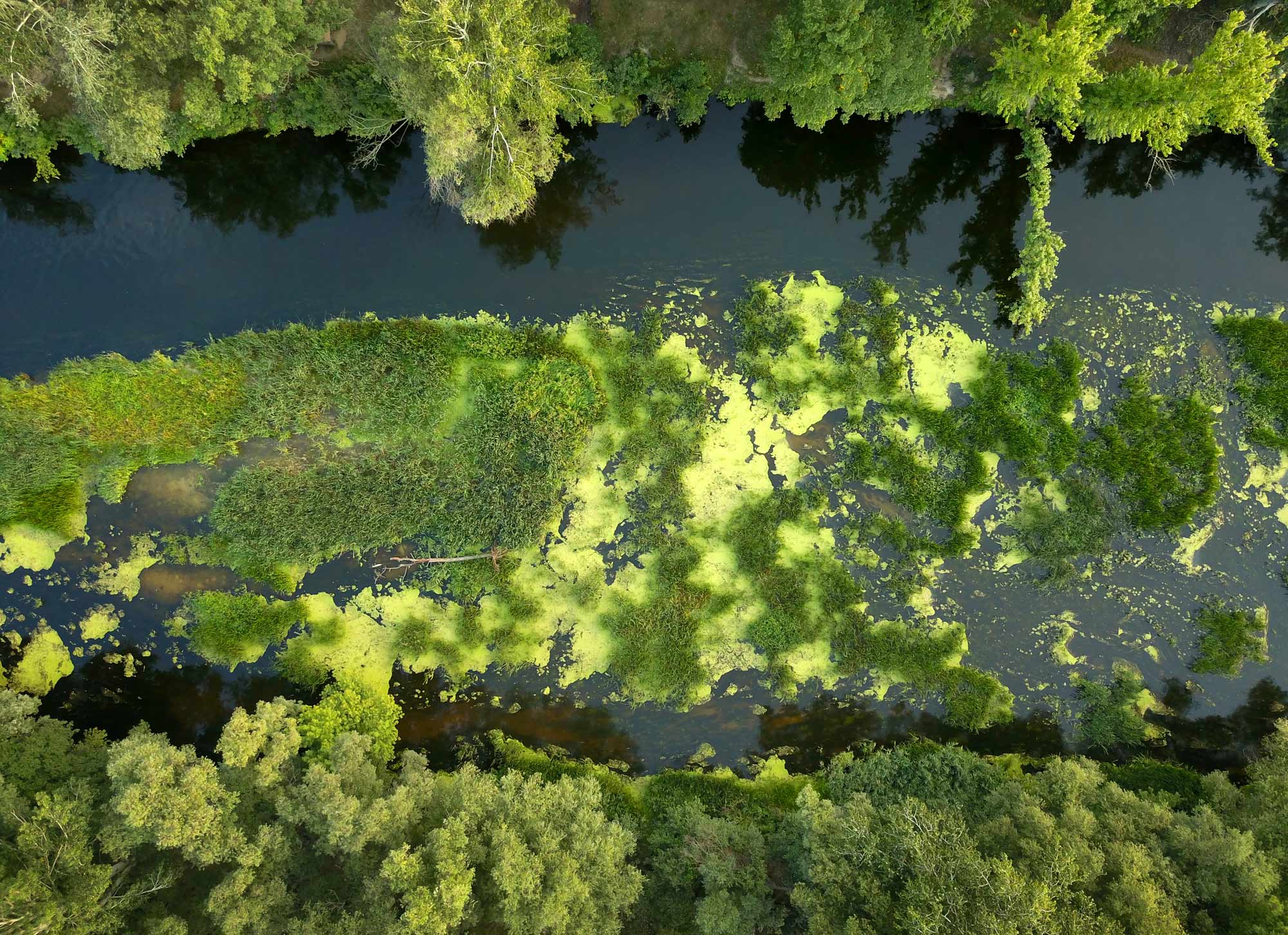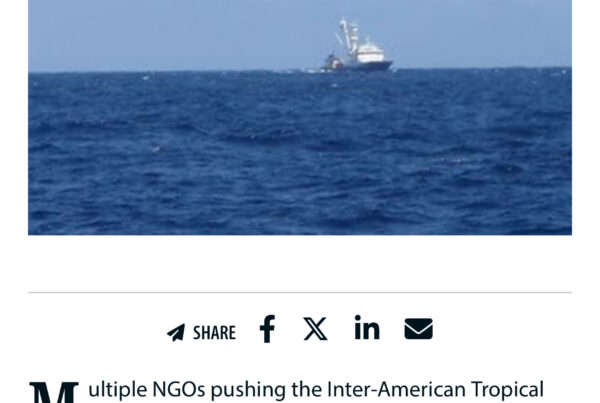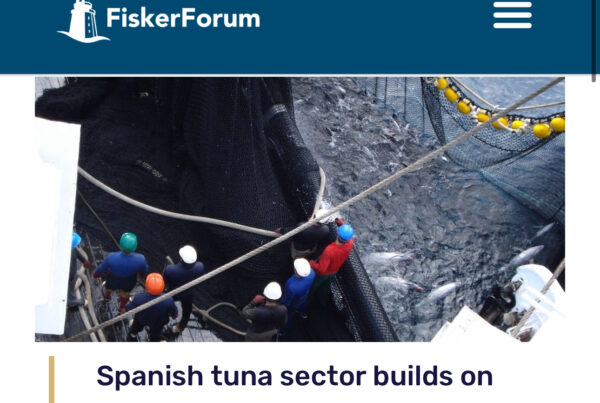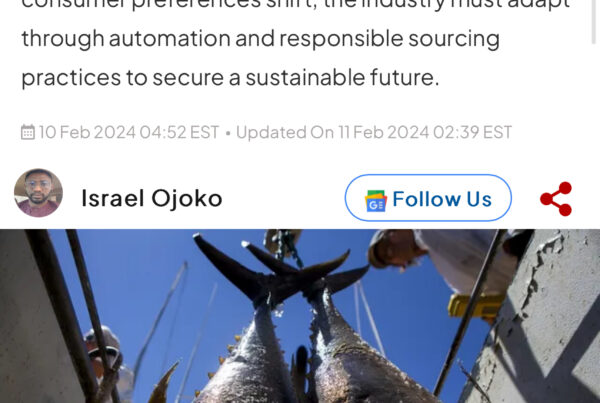Marsh Madness 2023
While players duel it out on the court this week, we’re keeping score of all the ways marsh habitat plays an important role in the protection and restoration work we do for communities, fish, and wildlife. From March 27 to April 3, NOAA is taking a courtside look at how we protect and restore marsh habitat to sustain fisheries, recover protected species, and maintain resilient coastal ecosystems and communities. Follow #MarshMadness on @NOAAHabitat!
Highlights
Podcast: Inbreeding: A Conservation Challenge for Iconic Killer Whales
New genome sequencing reveals the reason behind Southern Resident killer whales’ failure to thrive. On this episode of Dive In with NOAA Fisheries podcast, we talk with Dr. Mike Ford, a senior research scientist at the Northwest Fisheries Science Center and senior author of the new analysis of the recently sequenced Southern Resident killer whale genome.
Meet Dr. Katherine Bemis, National Systematics Laboratory
In honor of Women’s History Month, we’re introducing you to Dr. Katherine Bemis, an expert on marine fishes and a research zoologist with NOAA’s National Systematics Laboratory.
NOAA Small Business Innovation Research Program Seeks Volunteers
The NOAA Small Business Innovation Research Program is searching for volunteers with expertise in aquaculture, sustainable fisheries, and marine species management to serve as proposal reviewers for our seed funding competition. Proposal review for this year’s competition will begin in April.
Alaska
Meet Jim Thorson
Science is exciting! For Jim Thorson, a scientist and researcher at Alaska Fisheries Science Center, it’s the family business.
For the First Time, Scientists Can Predict Traits for All Fish Worldwide
New research allows scientists to predict the growth, survival, and reproductive strategies of all known fish in the world by modeling species traits. These results allow for more effective ecosystem-based fisheries management.
Pacific Islands
How One Health Benefits Hawaiian Monk Seals
One Health is a collaborative and transdisciplinary approach—working at the local, regional, national, and global levels—to achieve optimal health outcomes for humans and ecosystems by recognizing the interconnection between people, animals, plants, and their shared environment. One Health Month highlights threats to endangered Hawaiian monk seals and how you can help.
Meet Some of Our Hawaiian Monk Seal Matriarchs
The Hawaiian monk seal is one of the most endangered seal species in the world and a significant conservation priority for NOAA. However, there are some adult female Hawaiian monk seals, referred to as “matriarchs,” that contribute to the recovery of the species through their offspring. Learn about trailblazing female monk seals who have helped build the endangered seal species population in the main Hawaiian Islands.
Southeast
One Year In, Upper Barataria Marsh Creation Project Is On Track for 2023 Completion
NOAA’s largest wetland restoration project ever is ahead of schedule and is on track to be completed months earlier than anticipated! With more than 1,070 acres of the massive project complete, the marsh creation project is well ahead of schedule. When finished, the Upper Barataria Marsh Creation project in coastal Louisiana will create habitat, reduce erosion, and protect communities.
Filling the Gap: Tagging Highly Migratory Species in Curaçao
NOAA Fisheries scientists Derke Snodgrass and Eric Orbesen ventured to the southern Caribbean in February to satellite tag highly migratory species around the waters of Curaçao. They focused on satellite tagging to capture data that will add to our growing knowledge on yellowfin tuna habitat use and movement patterns.
New England/Mid-Atlantic
Video: Improving Habitat for Community Resilience: The Middle Peninsula Habitat Focus Area
The Middle Peninsula of Virginia faces some big challenges. It suffers from the highest rate of sea level rise just about anywhere on the East Coast, and its coastal communities are changing fast. Watch this video to learn about the challenges the area faces from climate change—and the projects we’re working on with partners to enhance coastal resilience.
NOAA Chesapeake Bay Office Shares Biennial Report to Congress
The NOAA Chesapeake Bay Office just released its Biennial Report to Congress for fiscal years 2021 and 2022. The report includes highlights from the past 2 years and describes work on fisheries science, oyster restoration, environmental education, climate, observations, and more.
Women’s History Month: Talking with Gabrielle Clardy
Gabrielle Clardy is the Groundfish Program Assistant Area Lead for the Northeast Fisheries Science Center’s Fisheries Monitoring and Operations Branch. Much of her work focuses on planning, coordinating, and executing at-sea monitoring coverage in the Northeast by working with sector managers and fishery monitoring service provider companies.



